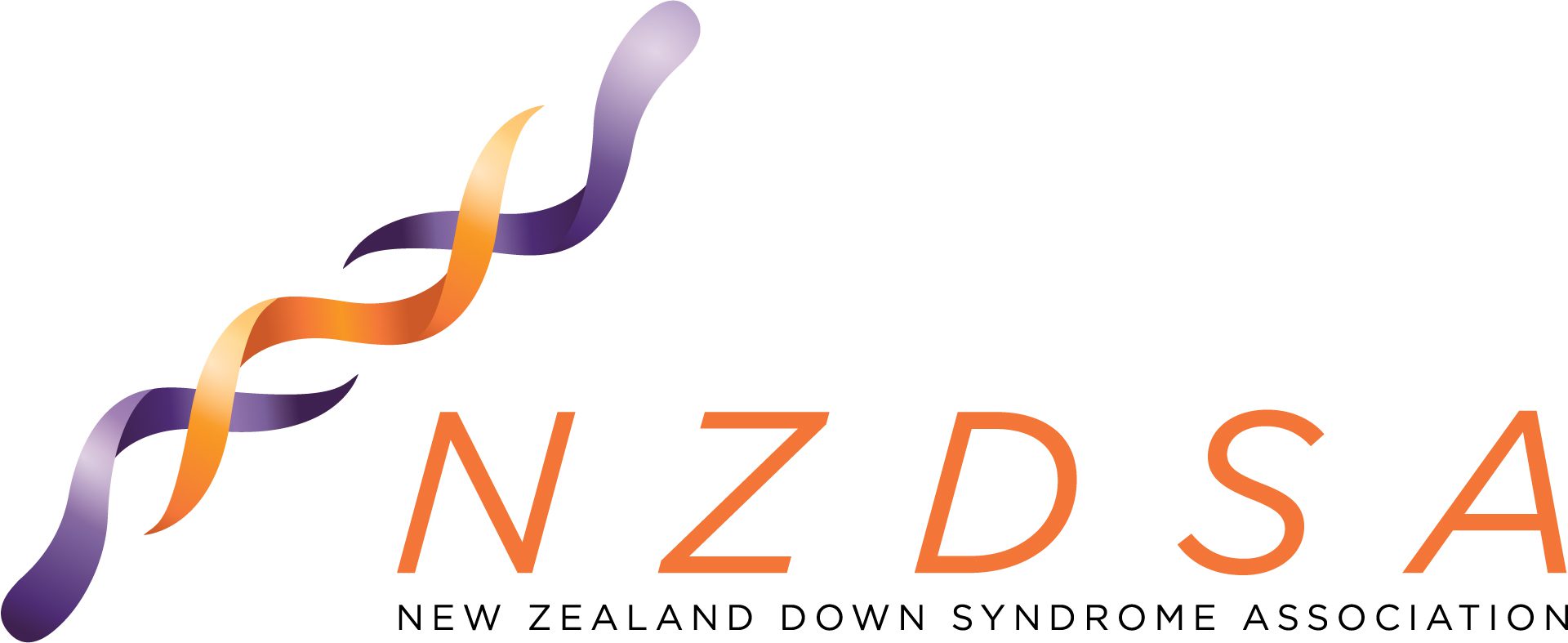Human Rights
People with Down syndrome have the same human rights as every person without a disability, but often they have to fight for those rights.
Sometimes it may be just little things, and people who are trying to help, but are in fact taking away the ability of the person with Down syndrome to make their own decision.
In other cases, their human rights are being denied by constitutional rules or legislation.
To prevent this happening and to protect the rights of all people with a disability, the United Nations in 2006 agreed on a Convention on the Rights of Persons with Disabilities, which was signed by 163 countries, including New Zealand.
In fact, New Zealand was a key driver of the Convention and New Zealander Don MacKay was the chairman of the committee that negotiated the meeting.
“What the Convention endeavours to do,” said MacKay, “is to elaborate in detail the rights of persons with disabilities and set out a code of implementation”.
Countries that joined have to develop and carry out policies, laws and administrative measures for securing the rights recognised in the Convention and abolish laws, regulations, customs and practices that constitute discrimination.
The countries also have to combat stereotypes and prejudices and promote awareness of the capabilities of persons with disabilities.
Countries are to guarantee that persons with disabilities enjoy their inherent right to life on an equal basis with others, ensure the equal rights and advancement of women and girls with disabilities and protect children with disabilities.
Children with disabilities shall have equal rights and shall not be separated from their parents against their will.
Countries are to ensure the equal right to own and inherit property, to control financial affairs and to have equal access to bank loans, credit and mortgages. They are to ensure access to justice on an equal basis with others and make sure that persons with disabilities enjoy the right to liberty and security and are not deprived of their liberty unlawfully or arbitrarily.
Countries must guarantee freedom from torture and from cruel, inhuman or degrading treatment or punishment.
Laws and administrative measures must guarantee freedom from exploitation, violence and abuse. In case of abuse.
Persons with disabilities are not to be subjected to arbitrary or illegal interference with their privacy, family, home, correspondence or communication. The privacy of their personal, health and rehabilitation information is to be protected like that of others.
On the fundamental issue of accessibility the Convention forces countries to ensure that persons with disabilities can access their environment, transportation, public facilities and services, and information and communications technologies.
Persons with disabilities must be able to live independently, be included in the community, choose where and with whom to live and to have access to in-home, residential and community support services.
Countries recognize the right to an adequate standard of living and social protection.
Countries are to promote access to information by providing information intended for the general public in accessible formats and technologies.
Discrimination relating to marriage, family and personal relations shall be eliminated.
States are to ensure equal access to primary and secondary education, vocational training, adult education and lifelong learning. Education is to employ the appropriate materials, techniques and forms of communication.
Persons with disabilities have the right to the highest attainable standard of health without discrimination on the basis of disability.
Countries have to enable persons with disabilities to attain maximum independence and ability.
Persons with disabilities have equal rights to work and gain a living. Countries are to prohibit discrimination in job-related matters.
Countries are to ensure equal participation in political and public life, including the right to vote, to stand for elections and to hold office.
Countries are to promote participation in cultural life, recreation, leisure and sport by ensuring provision of television programmes, films, theatre and cultural material in accessible formats.
To ensure implementation and monitoring of the Convention, countries are to designate a focal point in the government and create a national mechanism to promote and monitor implementation. In New Zealand this is the Office for Disability Issues.
For the full text of the Convention please click here.
